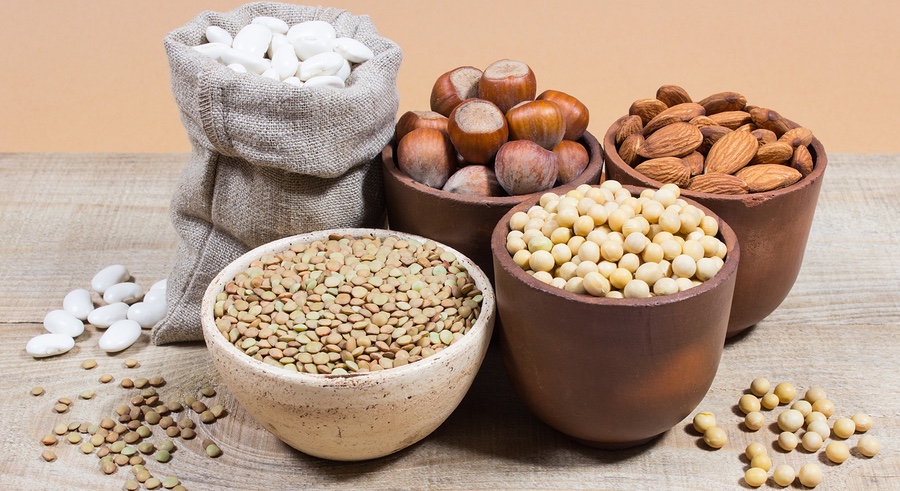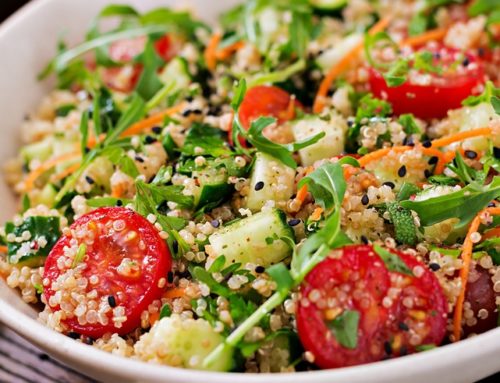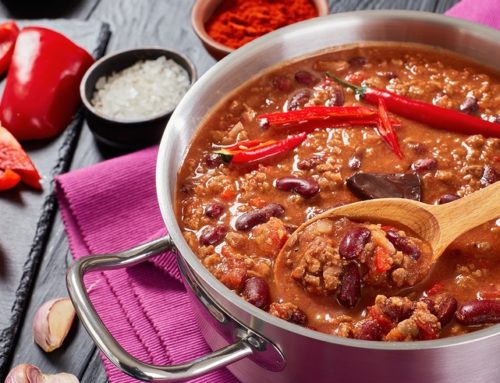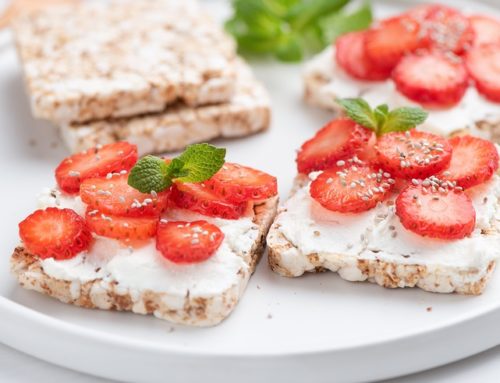There is an undeniable health halo that surrounds vegan and vegetarianism. These eating plans are rich in all the foods that keep us healthy, like fruits, vegetables, and whole grains. But what about protein? We know that consuming enough protein is important to support athletic performance, healthy weight, and healthy skin. Are plants good sources of protein and how do they compare to animal protein when it comes to staying healthy? Read on to learn more, and how you can meet your needs on a plant-based diet.
All proteins are composed of tiny building blocks called amino acids. The human body uses about 20 different amino acids to build and repair itself. A few of these are classified as “essential” amino acids – our body cannot manufacture them so we must consume them through our diet. Animal proteins are considered “complete” proteins, because they contain all of the essential amino acids in the right proportions. Plant proteins generally do not, though some would argue that foods like soy, hemp, and chia seeds are considered complete proteins. While the essential amino acids may be present in plant-based foods, the amounts are far lower than in animal proteins like eggs, chicken, and dairy.
So, if none of the plant-based proteins are a good source of all the essential amino acids, can they meet our needs? Yes! The key is to pair foods that, together, provide the full spectrum of amino acids. This generally means combining legumes (beans, nuts, or seeds), with a grain product like whole wheat bread, brown rice, or oats. Some examples include peanut butter toast, rice and beans, and hummus with whole grain pita. Spirulina can also be combined with grains or legumes to create a complete protein.
It may take some creativity but it is definitely possible to consume enough protein with plant-based foods. Research indicates that a diet high in plant proteins can yield some significant health benefits, including a lower: risk of heart disease, type 2 diabetes, and excess weight gain. But, before you stress about how to adopt a vegetarian lifestyle, consider this. Substituting even a few servings of red meat with plants weekly can lower your risk of chronic disease.
The best news? Plant-based meals can not only improve your health, but they are also delicious! Visit the media library on the VHPGO app for some meal inspiration and recipes. Start off 2018 strong, and chow down on more plants this year!





